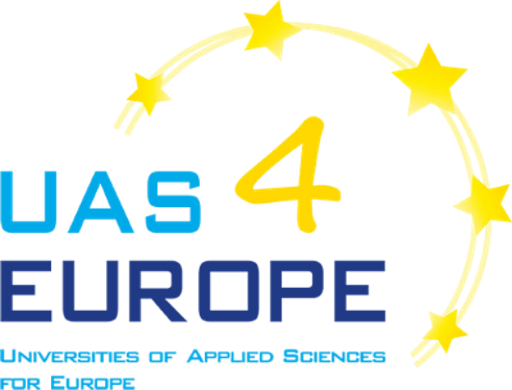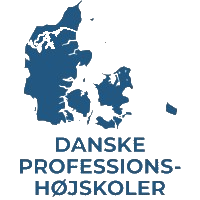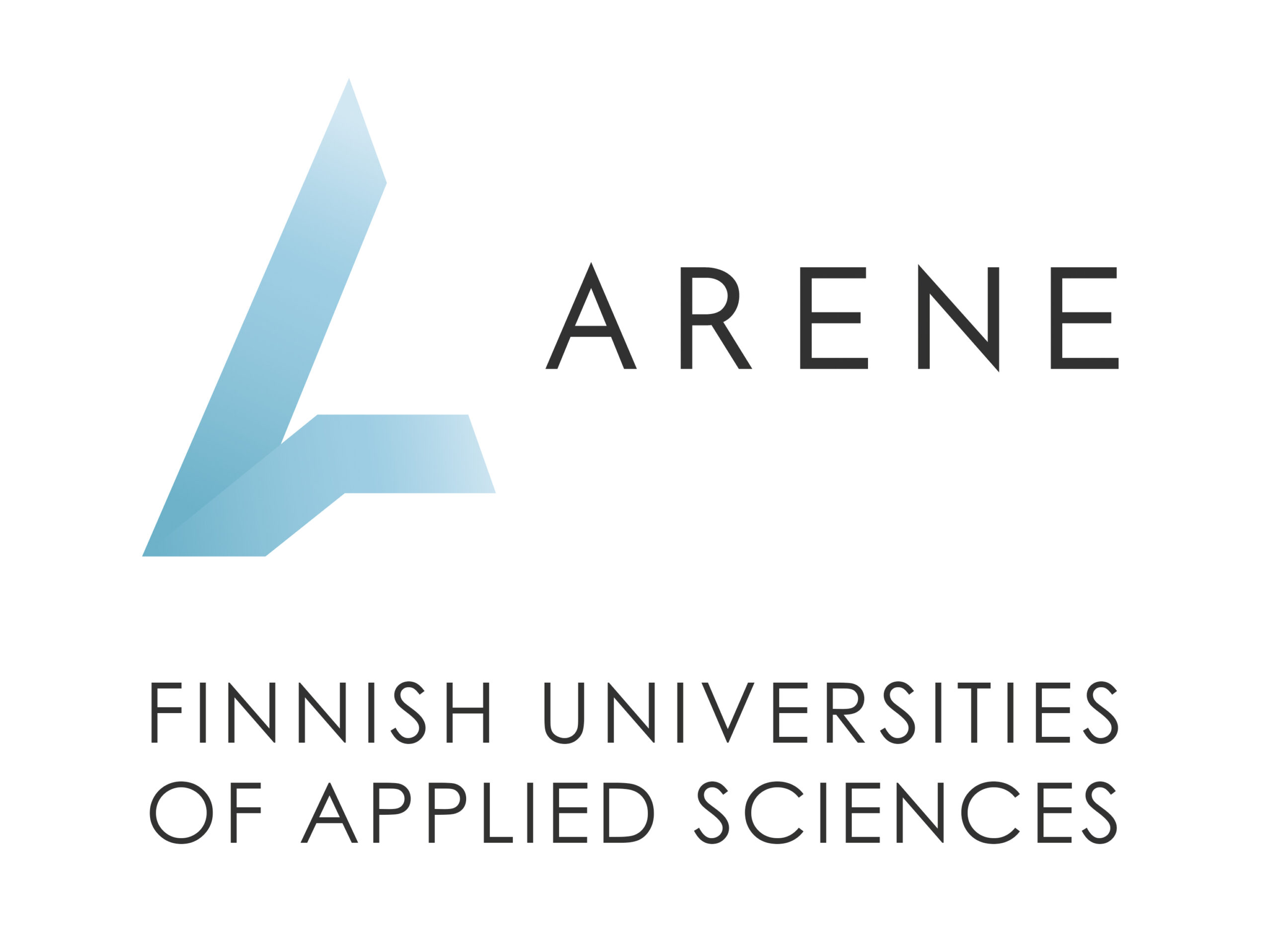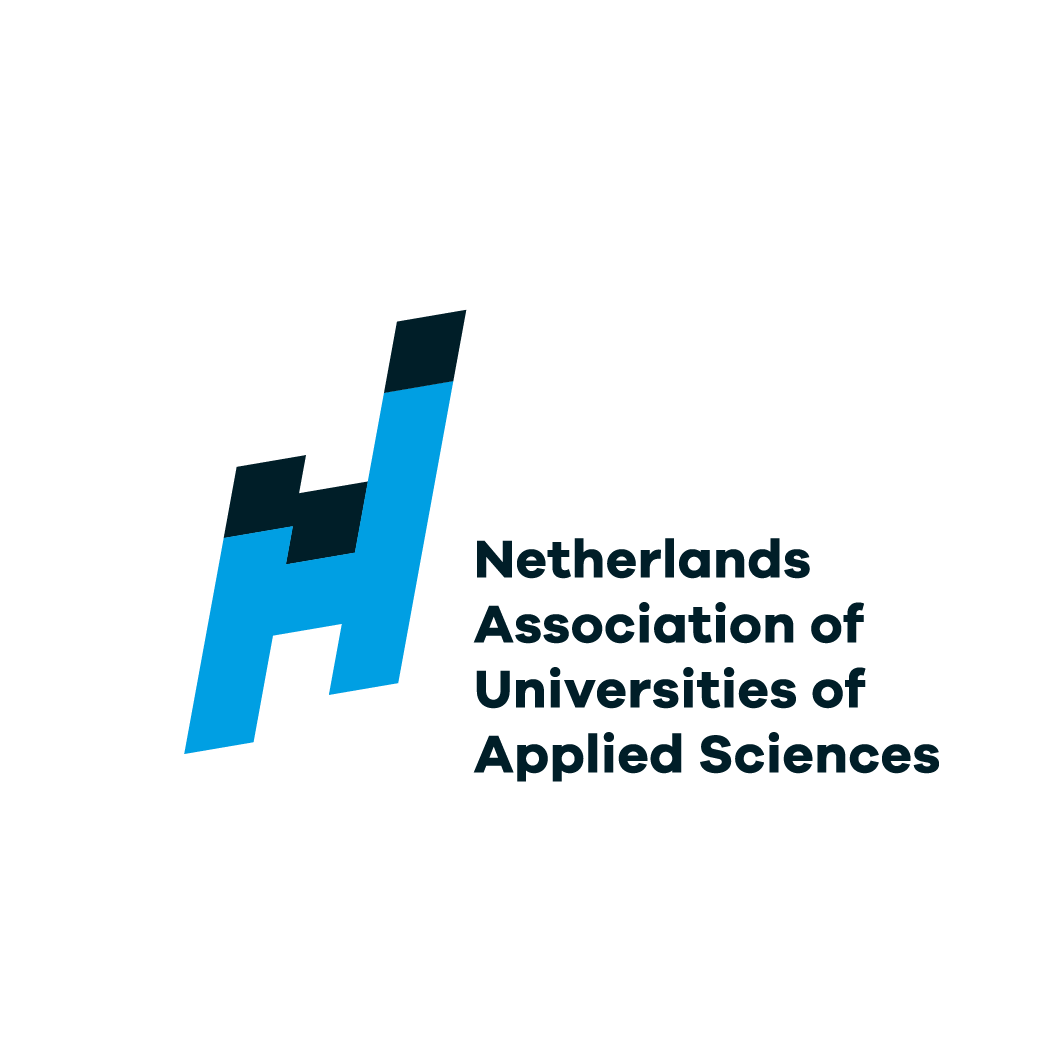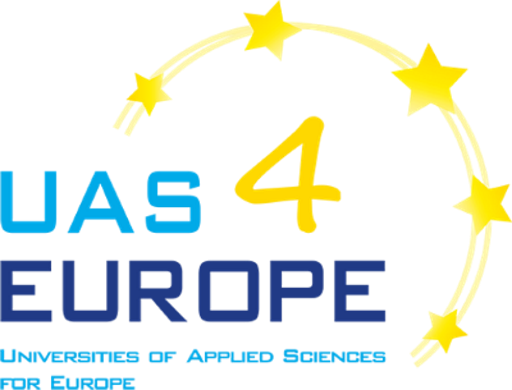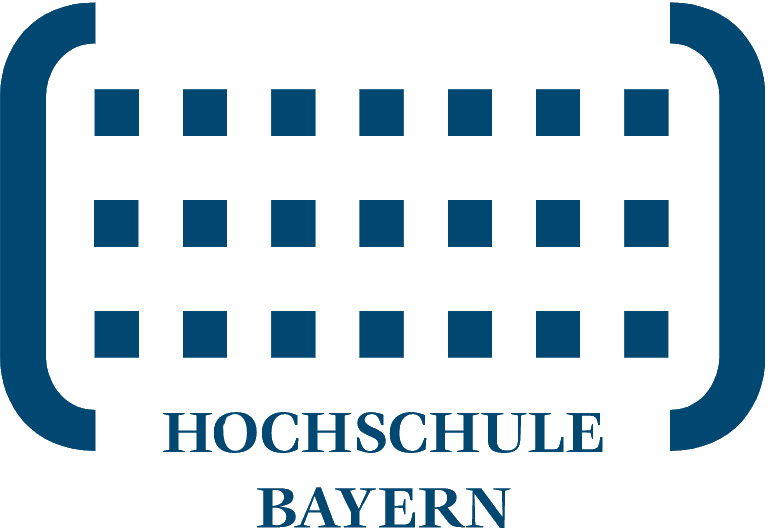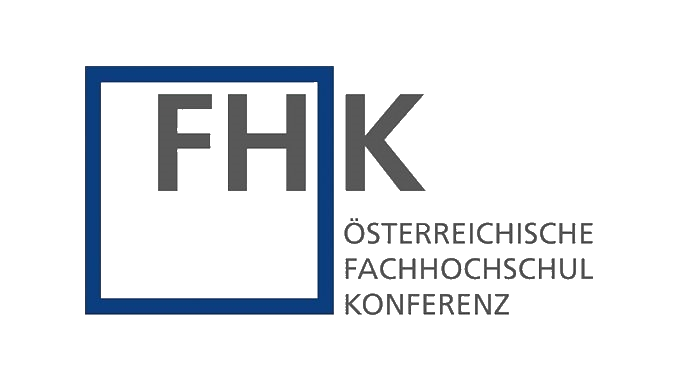Faces of UAS4EUROPE: Prof. Dr. Walter Schober (Technische Hochschule Ingolstadt)

Prof. Dr. Walter Schober is President of Technische Hochschule Ingolstadt, a research-intensive university of applied sciences (UAS) in central Bavaria with 7.500 students and an annual research budget of 30 million euros. Furthermore, Prof. Schober is the Chairman of the Rectors’ Conference of Bavarian UAS, Hochschule Bayern, and as such a Member of UAS4EUROPE’s Governing Board.
We sat down with Prof. Schober to discuss (1) the development of Technische Hochschule Ingolstadt, where he started as a founding professor, (2) why internationalisation is so important and finally, (3) the newly established doctoral centres at UAS in Bavaria. Enjoy the read!
Prof. Dr. Walter Schober on…
… his professional background
As all professors at Universities of Applied Sciences (UAS), Walter Schober did not pursue a strict academic career but has a background in industry, working in the aviation sector. It was in this context, that he was offered the opportunity for one out of three founding professorships at Technische Hochschule Ingolstadt (THI) in the discipline of accounting and controlling some 30 years ago. The following years were characterised by a remarkable institutional growth from initially 95 to 7.500 students and 210 professors in 80 study programs in 2023. While, in their early days, Bavarian UAS were purely focusing on professional higher education, “today research is at the core of our mission”. Since 2012, Walter Schober is THI’s president, today one of the most research-intensive UAS in the republic with 40% of its budget earmarked for research activities. As such, THI is in the process of applying for membership in the German Research Foundation (DFG) as one of only three German UAS.
… on the effect of UAS on regional ecosystems in Bavaria
The Bavarian UAS system is very decentralised with 19 institutions spread over 80 locations. This regional embeddedness, coupled with their application-oriented focus, renders UAS as crucial engines of regional innovation ecosystems, particularly for the local industry in order to bring innovations to the market. In times of rapid technological advancements, Walter Schober underlines that “we will maintain our prosperity by generating and applying innovations in regional and cross-regional ecosystems”. It is against this backdrop that “students are increasingly fond of practice-based training” with a surge in matriculations at UAS of 70% over the last two decades.
… on the importance of internationalisation
As a result of demographic change, higher education institutions have to cope with stagnating numbers of matriculations. While the number of students in Bavaria are stabilised at around 400.000, growth is observable in institutions that succeed in attracting foreign talent. Today, THI has a share of 21% of international students, many of them coming from Asia, which is expected to grow to one-fourth in the coming years. Germany counts approximately 46 million active participants in its labour market. However, labour market shortages are expected to grow significantly to more than 3 million employees by 2030. Walter Schober outlines that some tasks can be bridged as a result of continued digitisation, however “this potential is limited despite technological advancements”. Therefore, “in order to remain competitive, it is necessary to attract international talents from their young ages”. THI is doing so by offering many courses in English and will further strengthen their services to foreign nationals with the establishment of an International Welcome Center. And this pays off, as according to Walter Schober, “many of the students remain faithful to the region after the completion of their studies”.
… on the right to award doctorates
As a seasoned personality in the Bavarian science system, Walter Schober contributed to the entire debate of doctoral studies at German UAS, which started in 2004. Today, there are several German regions that achieved this milestone. In Bavaria, UAS doctorates were established with a revision of the Bavarian Higher Education Innovation Act (BayHIG), which entered into force in January 2023. As of October 2023, THI hosts two doctoral schools of its own in the areas of engineering and AI/computer sciences. While a total of eleven doctoral schools are awarded to UAS with a proven track record of research intensity per discipline, Walter Schober stresses that the promotion of research capacities and the right to award doctorates go hand in hand. In Bavaria, the state government supported this development through its 5.5 billion euros RTD investment programme Hightech Agenda Bayern, in the context of which almost 1.200 research positions are funded at UAS. In addition, cooperative doctorates between UAS and traditional universities will continue, while the right to award doctorates for UAS was developed in concertation between all types of higher education institutions in the preparation of BayHIG.
… on the added-value of UAS4EUROPE for Bavarian UAS
As Chairman of the Bavarian UAS rectors’ conference (Hochschule Bayern) Walter Schober is one of the founding members of UAS4EUROPE. With a clear focus on applied sciences in research and innovation policies and programmes, “UAS4EUROPE is an important network to strengthen international research collaborations and underlines the impact of its members on their regions, both urban and rural”. UAS, being regionally embedded, are important actors of science communication, building on established and trusted networks with actors from industry, public authorities and civil society. As such, UAS benefit from a comparatively large trust in their societies, which is becoming increasingly important in times of technological developments that also generate fears in terms of societal and employment stability. Through UAS4EUROPE, this science capital can be channelled and communicated to policymakers and stakeholders.
… on his wish for 2024
With Christmas just ahead of us, Walter Schober would “like to see that peace is given a chance”.
UAS can contribute to this by strengthening international and intercultural dialogue. It is in this context that THI is working together with over 180 partner organisations on a global scale, including in crisis regions. Let us all hope that this wish will be answered.
Merry Christmas and a Happy New Year 2024!
